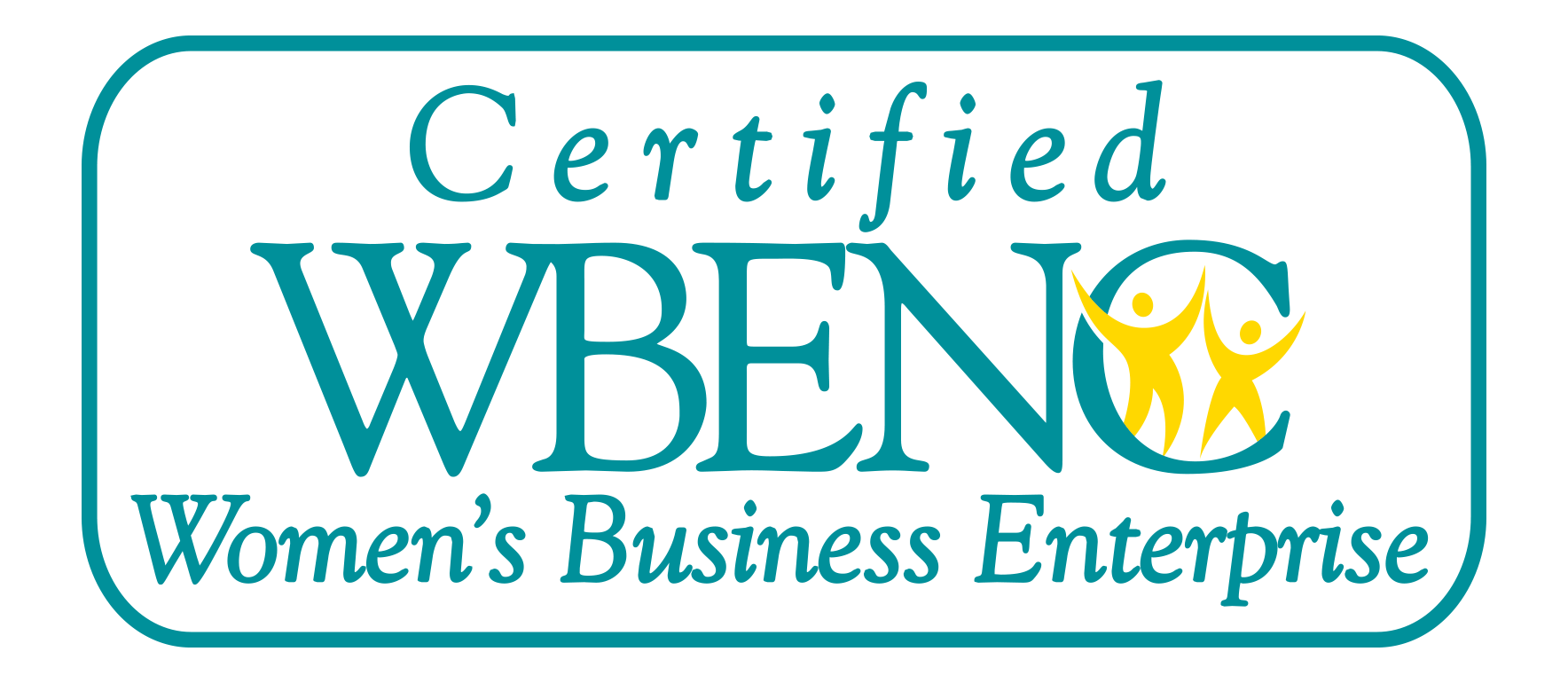How the Right Customer Engagement Strategy Can Completely Transform Your Business
 The term “contact center” often conjures up an image of large numbers of agents handling incoming and outgoing calls all day, every day. In some cases, this is an accurate interpretation of how customer engagement truly works.
The term “contact center” often conjures up an image of large numbers of agents handling incoming and outgoing calls all day, every day. In some cases, this is an accurate interpretation of how customer engagement truly works.
However, Gartner predicts that by 2020, customers will manage 85 percent of their relationship with an enterprise without interacting with a human
With this in mind, it’s clear that contact center technology is going to increasingly drive digital engagements and organizational workflows. The focus is on removing departmental silos to ensure the full context can be brought to every single customer engagement and interaction.
A busy port tackles complex logistics
By way of example, a European sea port had a challenge connecting their large database of lorry drivers to incoming ships full of containers that needed ongoing transportation around the continent. The drivers were typically paid a day-rate, so the company needed a system to ensure that they efficiently allocated jobs, and then accurately and quickly paid for the work they’d completed. This may sound simple, but with one of the world’s busiest sea ports and a very large number of contract drivers, this was proving a complex scenario to manage well, and was potentially open to error and fraud.
The port ultimately worked with us to design a system that integrated our contact center with the company’s ERP (enterprise resource planning) system. As a new ship arrives in the port, the ERP system calculates the number of trucks, forklifts and cranes required and the contact center then automatically contacts the drivers by SMS. The driver responds by SMS, directly back into the contact center, indicating acceptance of the job in the ERP system. The driver then receives the destination by SMS and makes the delivery. Goods-in confirms the delivery by SMS, and the driver is automatically flagged for payment.
Keeping trucks rolling at a manufacturer
Similarly, a large truck manufacturer wanted to ensure fast, efficient, consistent and cost-effective repair and recovery when one of its vehicles suffered a breakdown. With their new system, in the event of a breakdown, the driver makes a quick call or SMS into a centralized contact center. The agent uses a desktop manager application to locate the nearest approved repair and recovery service, with an SMS triggering a callout to the truck location. The truck is repaired, confirmed by SMS and the contact center generates a ticket (with the call recording and SMS attached as an audit trail). Payment is then automatically processed via ERP integration.
Automating new advantages in place of human error
In both cases, the company used customer engagement technology and its close integration with the ERP system to facilitate a series of automated workflow processes to minimize human involvement and associated error. The organizations both ended up with an effective solution that both improved efficiency and removed costs. Learn how we can help and talk with us today.















